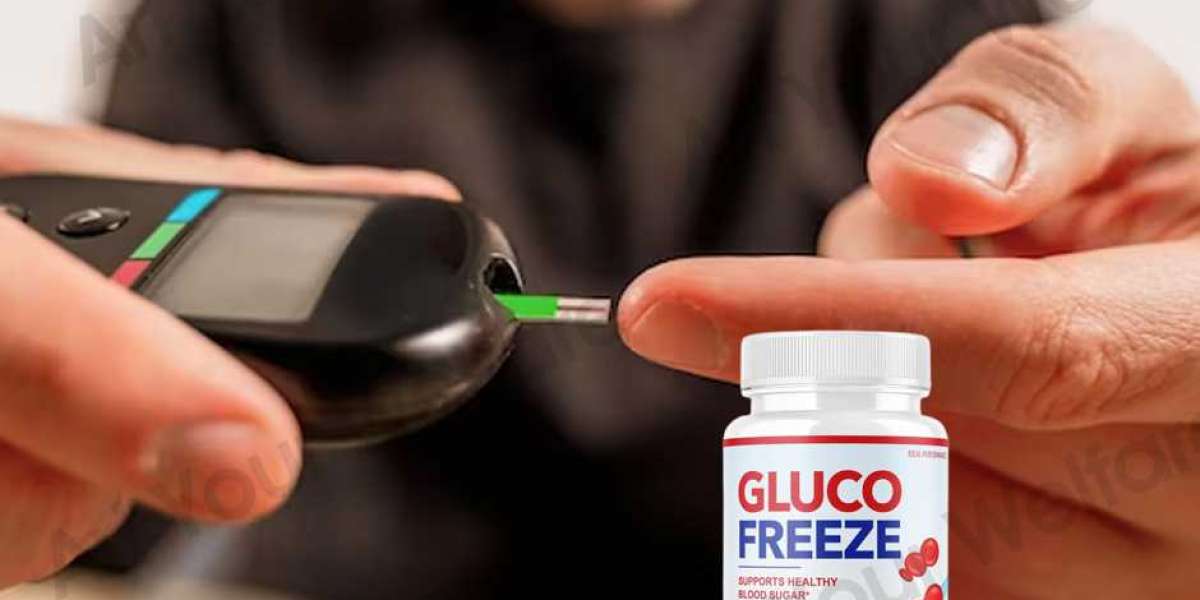Embarking on a career in clinical research after Bachelor's in Dental Surgery (BDS) can open up exciting opportunities to contribute to medical advancements and enhance healthcare practices. While BDS graduates traditionally enter clinical practice, the field of clinical research offers a unique avenue for those interested in research, innovation, and the broader healthcare landscape.
Why Consider Clinical Research After BDS:
Diverse Career Paths: Clinical research provides a range of career options, from conducting trials to managing data, ensuring regulatory compliance, and contributing to drug development processes.
Skill Utilization: Your clinical skills from BDS, such as patient interaction, understanding medical protocols, and attention to detail, can be valuable assets in the clinical research setting.
Advancement of Knowledge: Engaging in clinical research allows you to stay at the forefront of medical advancements, contributing to evidence-based practices and potentially influencing treatment methodologies.
Key Roles for BDS Graduates in Clinical Research:
Clinical Research Associate (CRA): As a CRA, you would oversee and monitor clinical trials, ensuring they adhere to protocols, regulations, and ethical standards. Your clinical background can enhance your ability to assess the impact of treatments on patients.
Clinical Data Manager (CDM): CDMs are responsible for organizing and analyzing clinical trial data. Your understanding of medical terminology and patient care can be advantageous in ensuring accurate and meaningful data management.
Clinical Research Coordinator (CRC): CRCs play a pivotal role in coordinating various aspects of clinical trials, including patient recruitment, scheduling visits, and liaising between investigators, sponsors, and regulatory authorities. Your clinical expertise can aid in ensuring smooth trial operations and patient safety.
Medical Writer: If you have strong communication skills, you may consider a role as a medical writer, where you would contribute to creating documents such as research protocols, regulatory submissions, and scientific publications.
Regulatory Affairs Specialist: Professionals in regulatory affairs ensure that clinical trials comply with regulatory requirements. Your knowledge of dental procedures and healthcare regulations can be beneficial in this role.
Pharmacovigilance Associate: Monitoring and assessing the safety of drugs is crucial in clinical research. Pharmacovigilance associates play a vital role in identifying and managing adverse effects, aligning with your understanding of patient well-being.
How to Transition into Clinical Research:
- Skill Enhancement: Consider acquiring additional skills through specialized courses in clinical research. Many institutes offer programs designed to provide a comprehensive understanding of the field.
- Networking: Connect with professionals already working in clinical research to gain insights into the industry, potential opportunities, and the skills required.
- Certifications: Pursue relevant certifications in clinical research, such as Good Clinical Practice (GCP), to demonstrate your commitment to ethical research practices.
- Internships or Entry-Level Positions: Gain practical experience through internships or entry-level positions in clinical research. This hands-on experience will enhance your understanding of the field and make you more competitive in the job market.
Challenges and Considerations:
- Learning Curve: While your clinical background is an asset, there will be a learning curve as you become familiar with the specific aspects of clinical research, including regulations, protocols, and data management.
- Adaptability: The transition from clinical practice to research may require adaptability and openness to new methodologies and work environments.
- Continuous Learning: Stay updated with the latest developments in clinical research and healthcare to remain competitive in the field.
Conclusion:
Clinical research offers a rewarding and intellectually stimulating career path for BDS graduates. By leveraging your clinical background, acquiring additional skills, and actively engaging in the clinical research community, you can contribute to the advancement of medical knowledge and play a pivotal role in shaping the future of healthcare.














